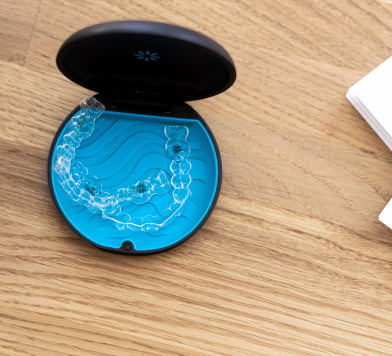Dentures are common dental prosthetics used to replace missing teeth and improve oral function and appearance. Dentures are designed to be durable and long-lasting, but like any dental appliance, they will eventually need to be replaced. The lifespan of dentures can vary depending on several factors, including the type of dentures, the wearer’s oral health, and how well the dentures are cared for.
In this article, we will discuss how long dentures last and some factors that can impact their lifespan.
The lifespan of dentures can range from 5 to 10 years, depending on the type of dentures and how well they are cared for. Below are some of the factors that can impact the lifespan of dentures:
While dentures can last anywhere from 5 to 10 years, it is essential to remember that they will eventually need to be replaced. Even with proper care, dentures will experience wear and tear over time and may need to be adjusted or replaced to maintain optimal function and appearance.
Some signs that dentures may need to be replaced include:
In conclusion, dentures can last anywhere from 5 to 10 years, depending on the type of dentures, quality of materials, oral health, wear and tear, and maintenance. It is important to maintain good oral hygiene, visit the dentist regularly, and properly care for dentures to prolong their lifespan. However, even with proper care, dentures will eventually need to be replaced.
BACK TO BLOGWe Love our Patients
"I am so glad I've discovered Ali, Duncan and the team at Mumbles Dental Spa. I felt let down by my last dentist and so was a bit fearful of finding someone new. I went..."
Emma P
"Been waiting over a year on NHS for tooth extraction, so decided to give Ali a visit after family recommendations. Let's face it, dentist visits aren't exactly nice, but I was actually excited about this..."
Rachael C
"Thank you very much to Ali and his team for making me feel very relaxed at my first appointment and explaining everything to me. Recommend these guys 100%."
Gander C
"I got a wisdom tooth removed at the Mumbles Dental Spa recently and was a bit nervous about it. It turned out to be a really good experience. I felt in the best hands with..."
Kuni W
"Amazing care at Mumbles Dental Spa, as always! All the girls from Caroline, the receptionist to Beverly, the hygienist to my new dentist Ali who is so brilliant and all the staff… thank you for..."
Louise P
"Ali saw one of our performance rugby players at extremely short notice. By the time she arrived at the clinic, he was scrubbed and ready to see her. As a result, he saved her front..."
Imelda M







